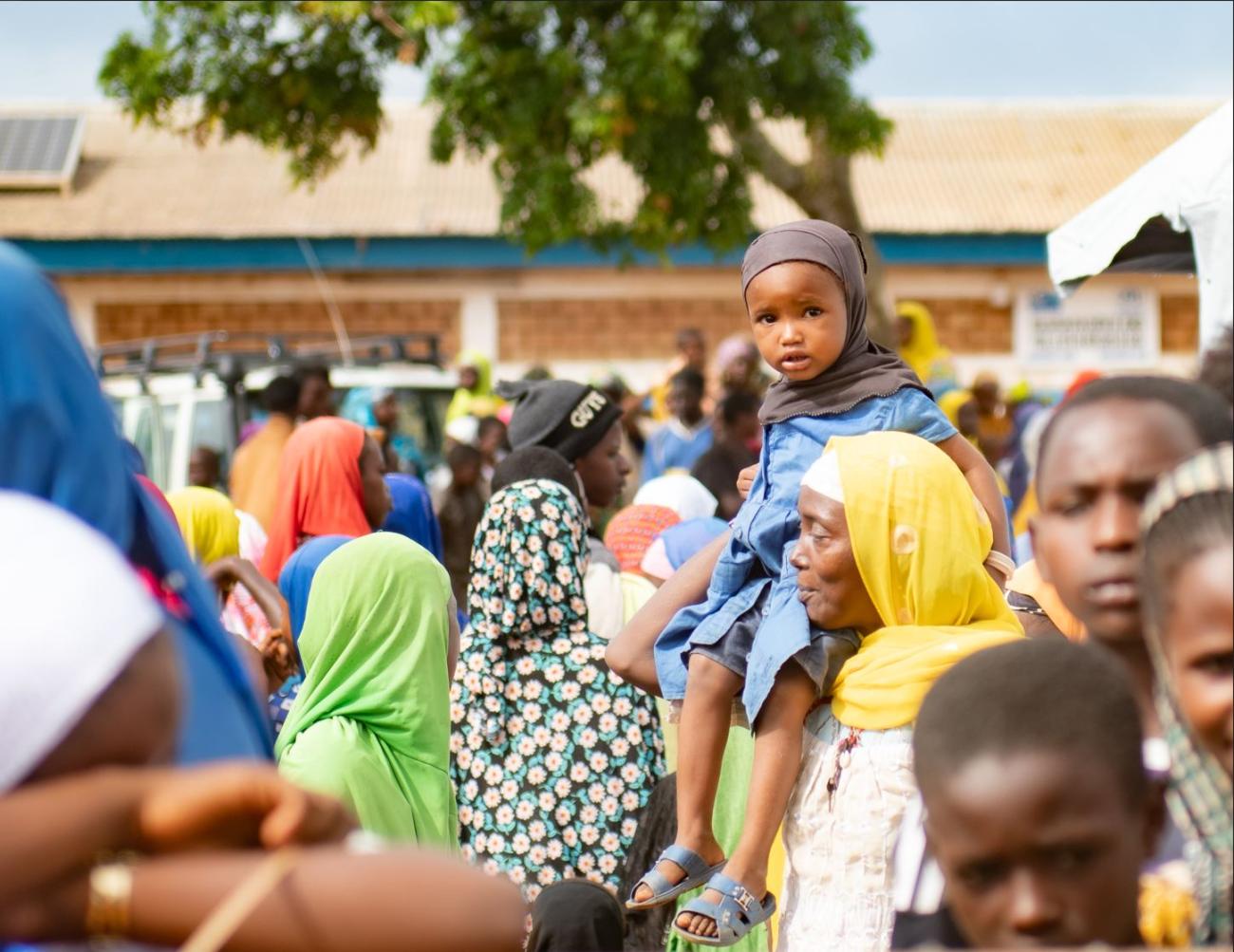The increasing influx of refugees into urban areas of developing and middle-income countries, including Cameroon, reflects their pursuit of better social services and livelihood opportunities. However, for many urban refugees in Yaoundé, this pursuit is met with significant challenges such as harassment, exploitation, discrimination, and vulnerability to gender-based violence. Despite the implementation of UNHCR’s 2009 policy on urban refugees, these challenges persist, complicating efforts to achieve durable solutions for this vulnerable population.
This article critically examines UNHCR’s initiatives aimed at protecting urban refugees in Yaoundé, focusing on key areas such as documentation, refugee status determination, community relations, livelihoods, and durable solutions. Through a survey of 80 refugees from countries like the Central African Republic, Chad, Rwanda, Nigeria, and Libya, alongside interviews with UNHCR field staff and government officials, the study reveals notable progress. These include improved access to education, healthcare, and self-reliance programs. However, gaps remain, particularly in the domains of shelter, employment, and resettlement, which hinder the effective integration of refugees into urban life.
The article argues that financial independence for refugee management bodies, the issuance of biometric identification cards, and enhanced dialogue between UNHCR and the Cameroonian government are critical for creating more protective spaces and achieving sustainable, durable solutions for urban refugees in Yaoundé. This study underscores the need for a collaborative, evidence-driven approach to ensure the rights, safety, and well-being of urban refugees in Cameroon’s capital.


Leave a Reply